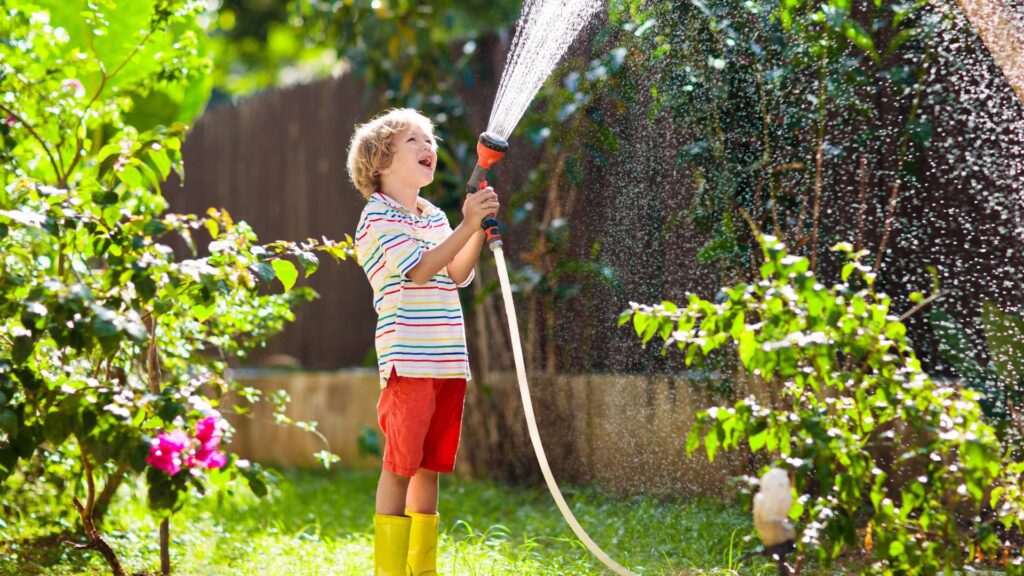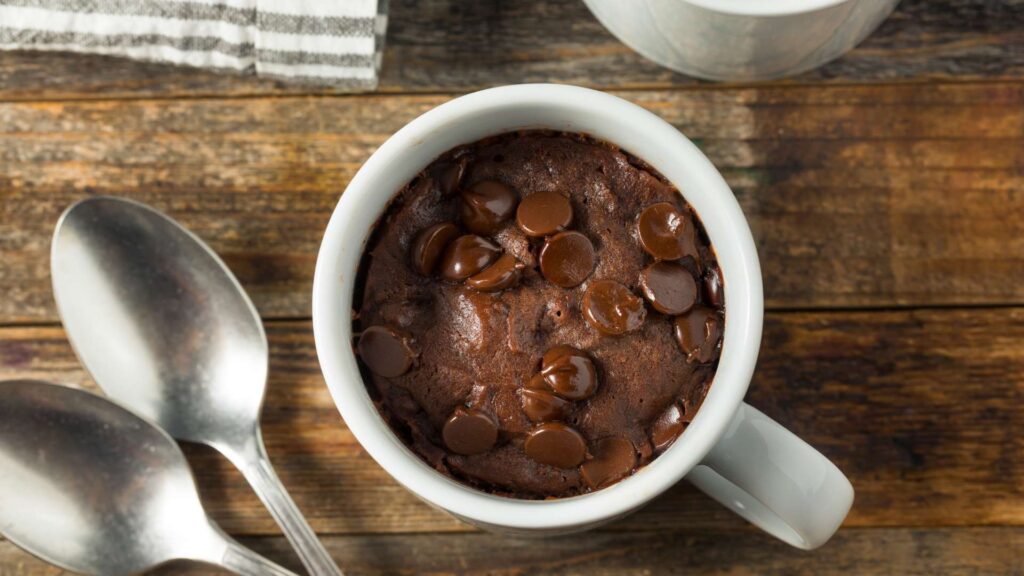Unlocking the Mystery: How Gut Bacteria Affects Your Kid’s Behavior
As parents, we often wonder, “What’s behind my child’s behavior?” Little did we know that the answer could lie within their gut bacteria! Recent groundbreaking research from Ohio State University has shed light on the remarkable link between the microscopic organisms residing in our children’s guts and their demeanor, behavior, and temperament.
Microbiomes:
Our Inner Ecosystem Deep within our intestines, a diverse ecosystem known as the microbiome thrives. These gut bacteria play a vital role in our overall health, stability, and even athletic abilities. Interestingly, our microbiomes start with a clean slate, devoid of any bacteria, while we are in the womb. However, the moment we enter the world, we receive our first “dose” of microbes from our mothers and continue to accumulate them from our environment and family as we grow.
Gut Brain Connection
The Gut-Brain Connection Beyond aiding in digestion, these tiny organisms also influence the regulation of “feel good” hormones like serotonin and dopamine, along with other mood-regulating hormones like gamma-aminobutyric acid (GABA).
Furthermore, evidence suggests that microbiomes have a profound impact on neural development, brain chemistry, and a wide range of behaviors, including emotional responses, pain perception, and stress levels. Disturbances in the normal microbiome have been associated with chemical imbalances, anxiety, hyperactivity, depression, and even conditions like autism.
How the Gut Impacts Mood
Delving Deeper: How It Works Researchers at Ohio State University are delving into the mechanisms by which these mood-regulating chemicals travel from the gut to the brain (and vice versa) and how they might be influencing children’s behaviors.
Remarkably, “tweaking” the balance between beneficial and harmful bacteria in an animal’s gut can alter its brain chemistry, leading to bolder or more anxious behaviors. Equally intriguing, stress can disrupt the microbial balance in the gut, rendering the host more susceptible to infectious diseases and triggering molecular reactions that feedback to the central nervous system.
Promising but Emerging Field While the discoveries are thrilling, it’s essential to note that the research on how gut bacteria impact psychological well-being in humans is still in its infancy. While we can safely consider the link between microbiomes and our children’s moods, a dietary cure for their behaviors is yet to be fully understood.
At Nutrition for Growth, we are committed to unraveling the mysteries of child nutrition and well-being. Our partnership with Healthy Heights and Nutritional Growth Solutions empowers us to provide valuable resources to parents, so every child can flourish and fulfill their unique potential. As we embark on this exciting journey, we invite you to stay informed and be a part of nurturing a brighter, healthier future for all kids.
Together, we can nurture thriving children and pave the way for generations to come. The journey has just begun!
Sources:




